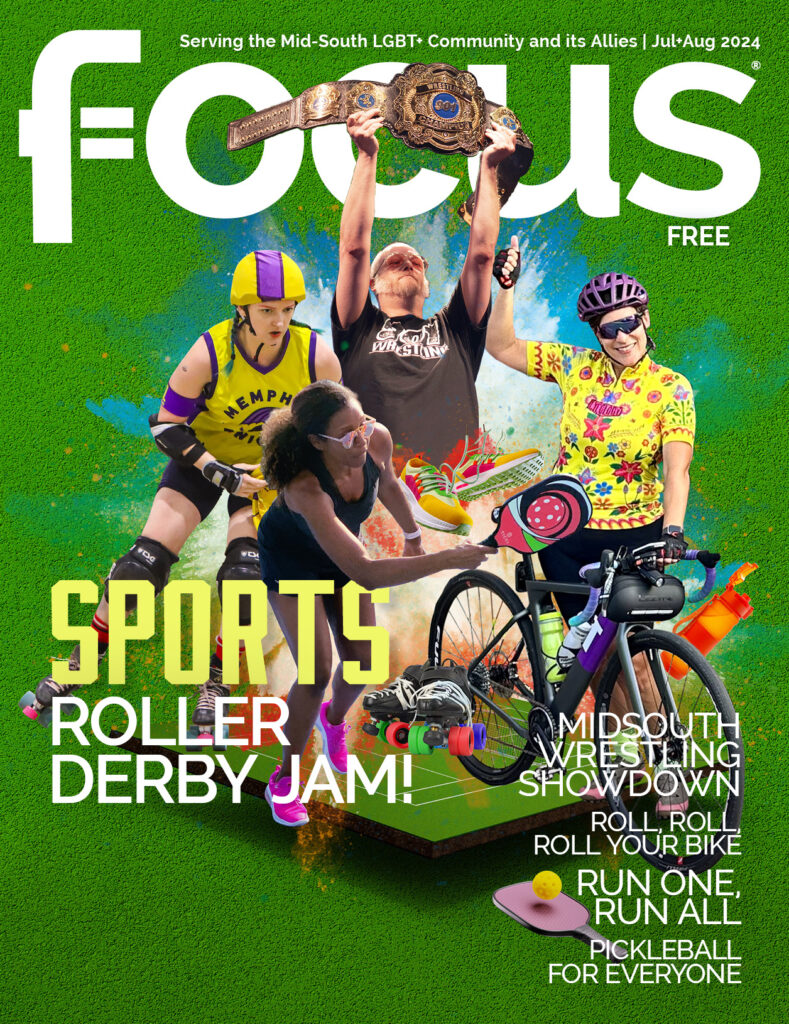by Remy Chartier, age 18 | Originally Published as “Asexuality: It’s Normal and So Are You” November 9, 2017. Reprinted with permission from Sex, Etc.., a teen-written sexual health magazine and website, published by Answer.
By my sophomore year of high school, I had started to accept myself and my sexual orientation. I am asexual, meaning I don’t experience sexual attraction to anyone. So I was a bit shocked when I walked into an “LGBT+ support group” that was supposed to provide a safe space no matter what your identity, introduced myself as asexual and heard, “How can you not like sex?”
It wasn’t the first time, nor the last, that someone had something less than positive to say about my orientation. After telling him I was ace (a slang term for asexual), a guy I knew to be gay told me point-blank that he thought I’d be “a total slut in college.” People both gay and straight have taken my coming out as permission to delve into details of my sex life, or lack thereof, and I found out that people I thought were supportive were discussing what they thought my masturbation habits might be behind my back. These experiences were humiliating, but I was used to them.
So why did that one moment hurt so badly? Why did it shatter my carefully built acceptance of myself? I think it was because in that room was a group designed to specifically support LGBT+ teens, in a space designed to be safe, but within moments of me coming out, someone cut to the very core of my own issues with my sexuality.
Why Can’t I Be Normal?
“How can you not like sex?”
I didn’t know what to say. No one else spoke up for me. I shrugged. But that sentence echoed in my head for days. “How can you not like sex?” After trying so long to feel normal, I felt shattered. There’s one word I hear over and over again from asexual people talking about their experience. That word is broken. I felt broken because I didn’t feel sexual attraction. I felt broken because of who I was.
I generally use LGBT+ when describing gender identity and sexual orientation. If you extend the plus, the initials are LGBTQIA, although this is a source of debate and not everyone agrees on what the letters should be, nor do these letters include every possible identity. (This is why I generally use LGBT+ for short; there are so many identities; fitting them all in would cover most of the alphabet). But that A is supposed to be mine, not for allies, who (in my opinion) should not get extra points for agreeing that queer people are, in fact, people. To me, that A is for asexual.
The problem is, much like with biphobia, many people are highly aphobic. People like to say that aces are “basically straight” and that they don’t belong. And that’s when they acknowledge that asexual people exist at all. But asexual people aren’t accepted by straight people either. We’re too weird, too “other”: too queer to be straight, but too straight to be queer seems to be the general idea. Aces are in limbo. We don’t belong anywhere. In a world where sexual orientation is defined as who you want to have sex with, people who don’t want to have sex at all are broken.
Except We Aren’t Broken
Asexual people are queer (or, if you don’t feel comfortable using that term, LGBT+). We are not “basically straight,” regardless of our romantic orientation (that is, not all asexual people are also aromantic; some want a relationship, just minus the sexual part). It doesn’t matter if you’re a sex-positive, sex-neutral or sex-repulsed asexual. It doesn’t matter if you’re gray-ace (people who only experience sexual attraction in rare instances) or demi (people who don’t experience sexual attraction until they form an emotional bond). If you’re on the asexual spectrum, you are queer, and there is nothing wrong with you.
After my experience in that “support” group, I stopped going. I didn’t feel safe. I didn’t feel accepted. I sought solace online, finding groups of ace people who were proud of their sexual orientation, who reminded me that there was nothing wrong with me.
I am not broken because I don’t experience sexual attraction. I fought tooth and nail, reminding myself every day that who I am is not something to be ashamed of. Now, two years later, I have an ace of spades (a popular asexual symbol) tattooed on my body and a giant ace flag hanging on my wall and I am proud. I am out and proud, and I am not broken. No matter what anyone else says.
*Remy Chartier is an 18-year-old contributor who lives in New Hampshire.



